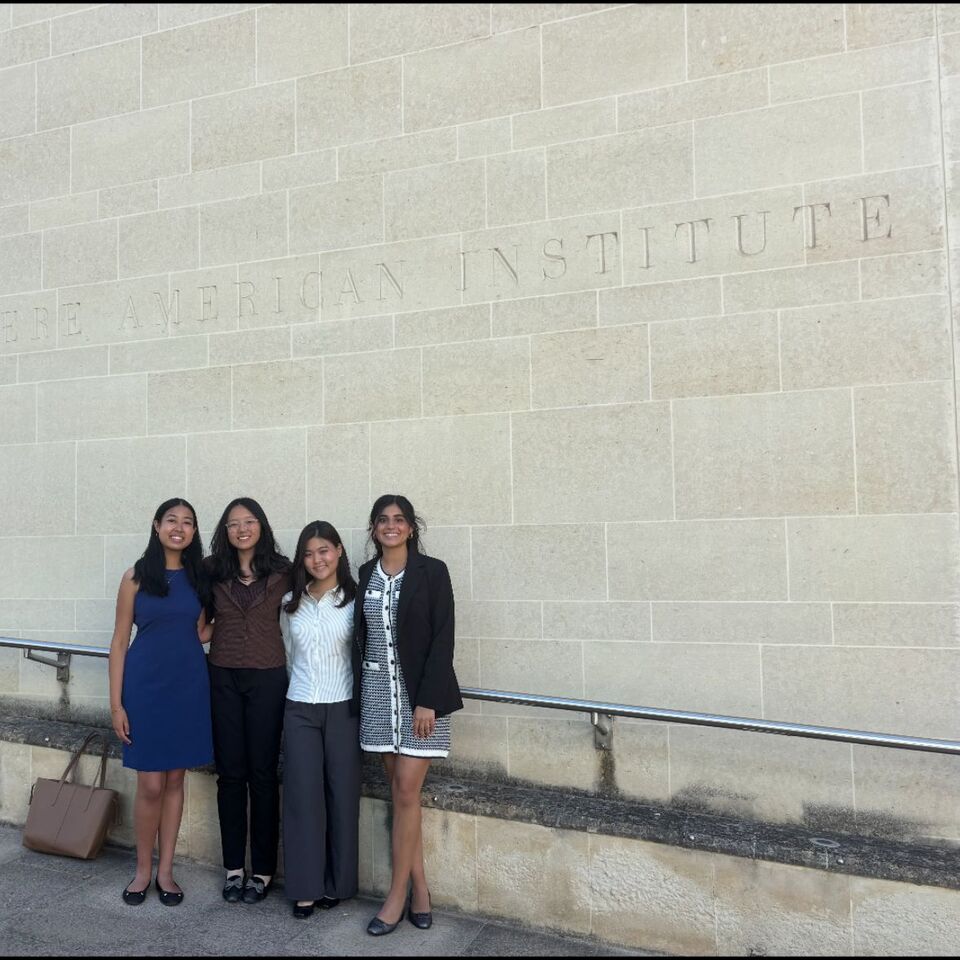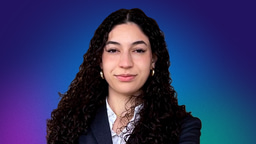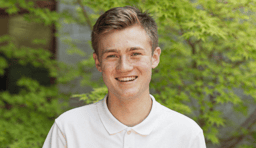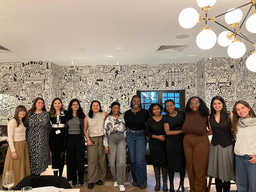International Blog 2025: Researching AI, Music, and Leadership in Europe

This summer, I had the chance to live, learn, and conduct research across three very different cities: Brussels, Paris, and Oxford. Each place had its own rhythm, culture, and community, and together they shaped how I now think about creativity, leadership, and what it means to adapt in new environments.
Brussels was our first stop. Compared to the others, it felt like a smaller, slower city, but with a fascinating cultural complexity. Belgium is uniquely split between Flemish and French influences, and you can feel that in the way the city works and communicates—different regions speak different languages, yet all come together around their shared institutions. I loved exploring Parliament and EU headquarters—something I never expected to find in Brussels—and relying on the fast, reliable metro to navigate. The food was also a highlight: trying Flemish dishes and local specialties gave me a real sense of the culture’s flavor, literally and figuratively.
Paris, though, was the complete opposite. I arrived right in time for Fête de la Musique, an annual city-wide celebration where the streets transform into one giant concert. Everywhere I turned, people were performing—jazz trios, DJs, full rock bands. There were stages on corners and music pouring out of every block. I had never seen anything like it. Because our project centered on music, human creativity, and its preservation in the age of AI, the timing felt uncanny, like the perfect culmination of everything we’d been studying. Seeing Parisians of all ages, backgrounds, and cultures united through music reinforced for me why creativity matters: it connects us at the most human level.
Oxford brought a completely different kind of atmosphere again. It’s a quintessential college town, steeped in history, tradition, and the feel of academic life. Walking through the halls of the oldest colleges in the world was inspiring in itself, but what stood out most was the chance to present our whitepaper—The Canary in the Coalmine: Spotify, Generative AI, and the Future of Cultural Labor—at the University of Oxford’s Rothermere American Institute. Our research explored the legal and ethical implications of generative AI models trained on copyrighted music, using Spotify as a central case study. We analyzed the issue through intellectual property, competition law, and ethical innovation, drawing from both EU and UK legal frameworks. To present that work in such a historic setting felt surreal.
Of course, none of this happened in isolation. We were guided every step of the way by mentors and partners—Professor David Hoffman, Liz Sparacino, Merritt Cahoon, and Ian Hitchcock, who pushed us to think critically and lead collaboratively. We were also fortunate to learn from Grammy-nominated artist Tift Merritt, who reminded us to keep the human voice at the center of our research. And most importantly, I had the privilege of traveling alongside an amazing team—Anika Dugal, Angela Chen, and Pallavi Bhargava—who made each new place, challenge, and discovery so much more meaningful.
Through this journey, I realized that leadership isn’t about standing on a pedestal; it’s about engagement, trust, and being one with your team. Moving across Brussels, Paris, and Oxford showed me that growth often comes from contrasts, and that the most important part of leadership is staying connected—to your work, your community, and the people beside you.





Please sign in
If you are a registered user on Laidlaw Scholars Network, please sign in